In a statement on August 26, the Japan Fisheries Agency (JFA) said that the radioactive isotope tritium content in fish caught near the Fukushima nuclear power plant was so low that it was difficult to detect, according to Kyodo News.
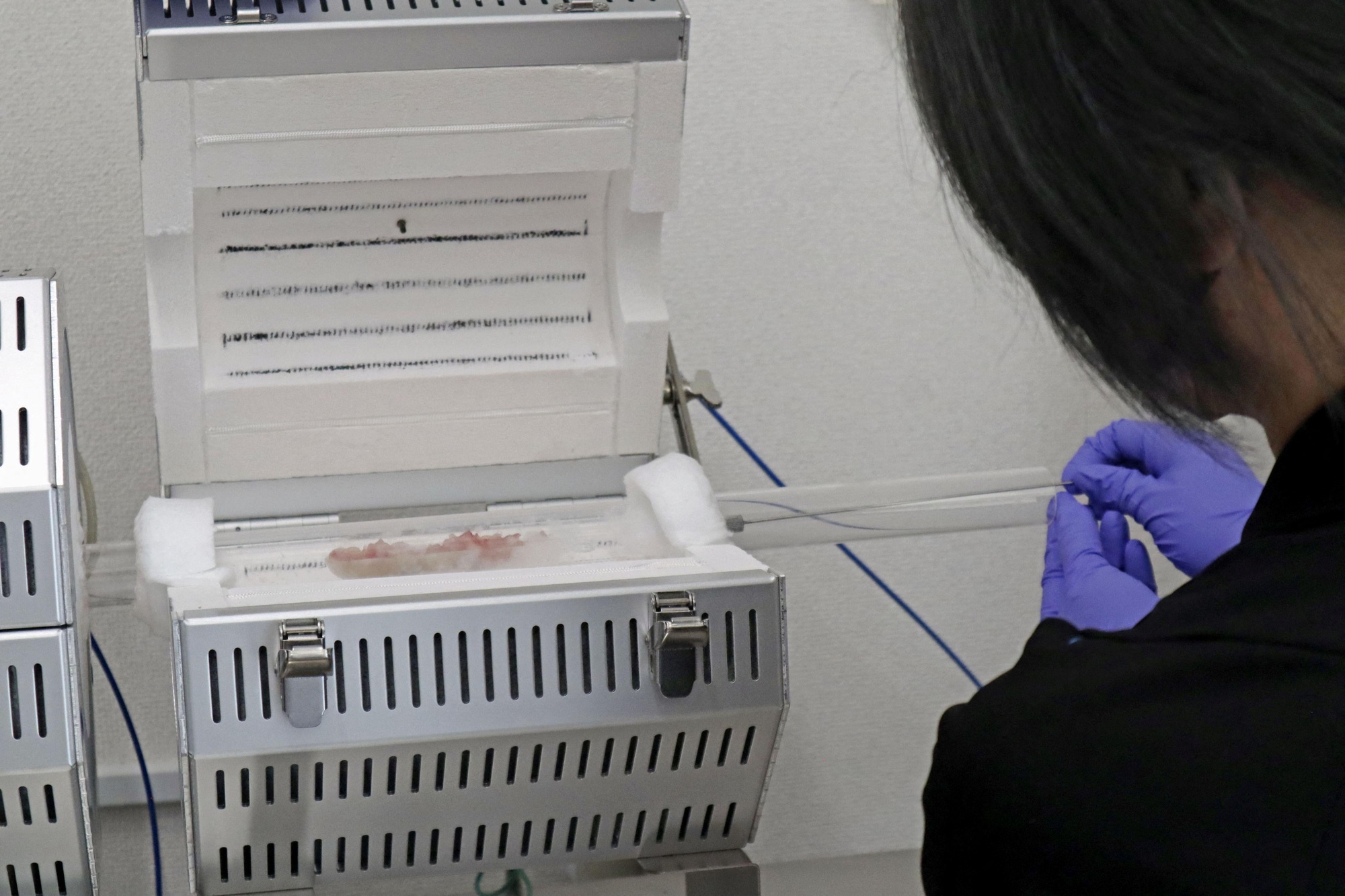
Fish meat caught in an area 5 km from the Fukushima plant was tested on August 26.
The nets were set up on August 24 as the treated contaminated water was released into the sea. The JFA plans to release test results daily.
On August 24, Japan began discharging more than 1 million tons of treated radioactive water into the sea from the Fukushima nuclear power plant, which was affected by the 2011 earthquake and tsunami disaster.
The treated water has been stripped of most of its radioactive isotopes except tritium, an isotope of hydrogen that is difficult to separate from water. It is stored in large tanks at the plant site, but has run out of space. Tokyo insists it is safe to release the water. The International Atomic Energy Agency (IAEA), the United Nations nuclear watchdog, gave the green light to the plan in July.
Japanese restaurants face difficulties in China as nuclear power plant releases radioactive water
On August 25, Tokyo Electric Power Company (Tepco), which operates the Fukushima nuclear power plant, said that the radioactive tritium content in seawater was much lower than the limit, according to The Japan Times . Specifically, Tepco's survey results at 10 locations near where treated contaminated water was discharged into the Pacific Ocean showed that the tritium content in seawater was 10 becquerels/liter, much lower than the threshold of 700 becquerels/liter set by the company and the level of 10,000 becquerels in drinking water set by the World Health Organization (WHO).
Japan's Ministry of the Environment also collected seawater samples within a 50-km radius of the Fukushima nuclear power plant and will announce the results as early as August 27.
Source link




![[Photo] Panorama of the Opening Ceremony of the National Press Festival 2025](https://vphoto.vietnam.vn/thumb/1200x675/vietnam/resource/IMAGE/2025/6/20/6b835ee92c2c4df587af73cb2d1f4f5f)





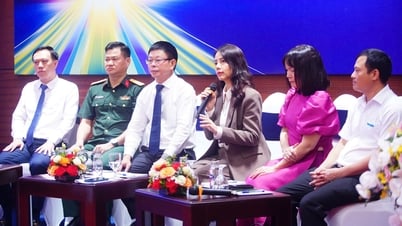

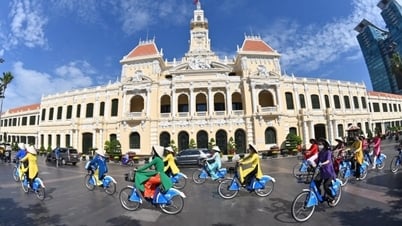






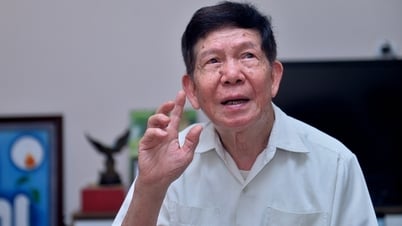
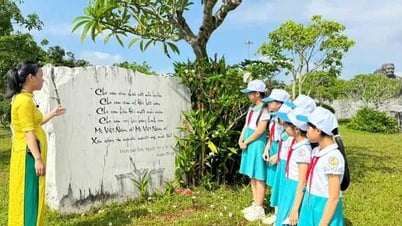
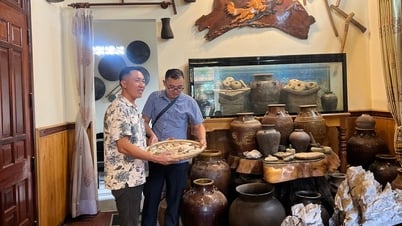
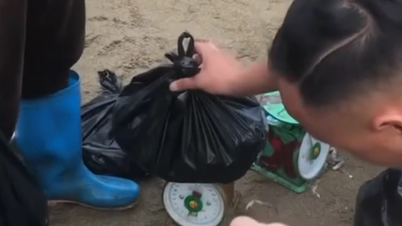
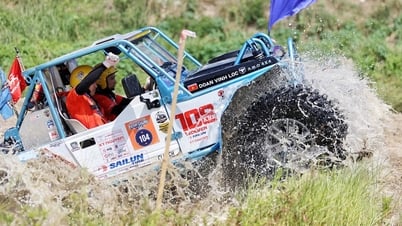
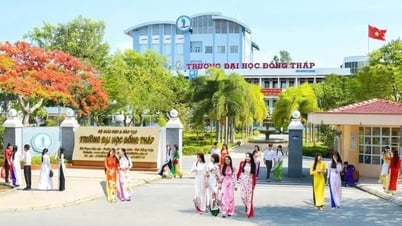
![[Photo] General Secretary To Lam chairs the 14th Central Military Commission Conference](https://vphoto.vietnam.vn/thumb/1200x675/vietnam/resource/IMAGE/2025/6/20/a9d25fc6dd664fb9a3757502f32e5db0)

























![[Maritime News] Wan Hai Lines invests $150 million to buy 48,000 containers](https://vphoto.vietnam.vn/thumb/402x226/vietnam/resource/IMAGE/2025/6/20/c945a62aff624b4bb5c25e67e9bcc1cb)


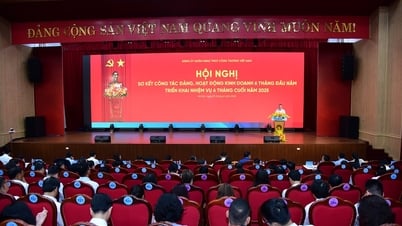






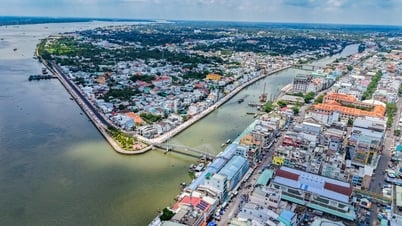
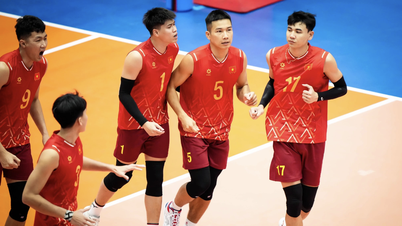
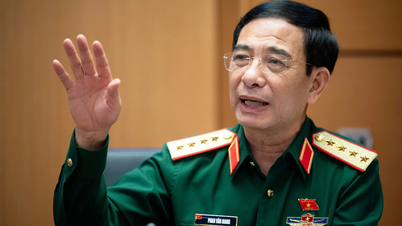
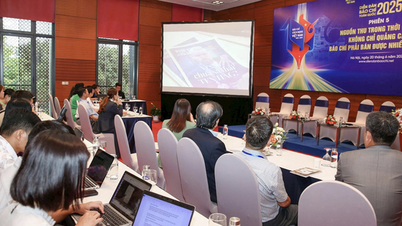

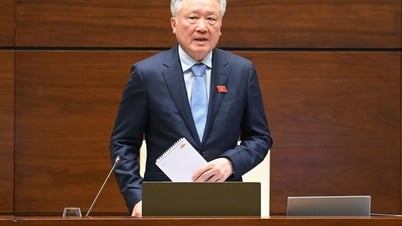
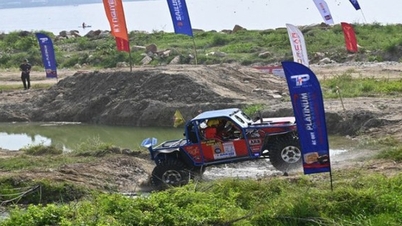
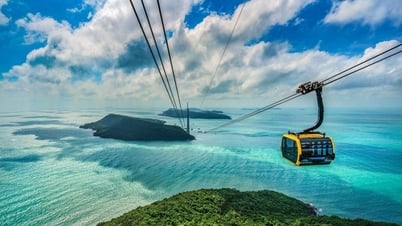


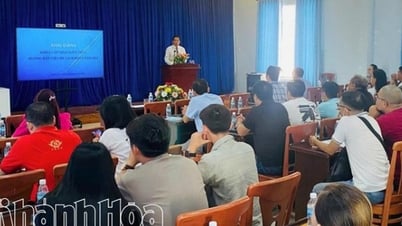
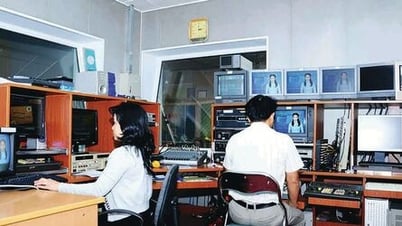

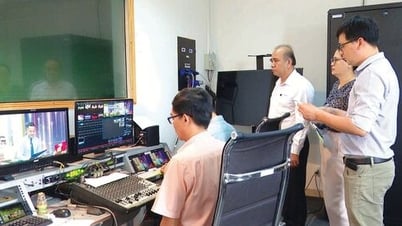
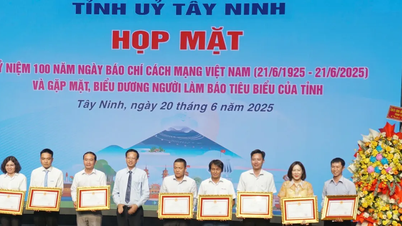
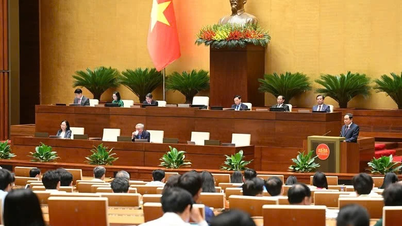

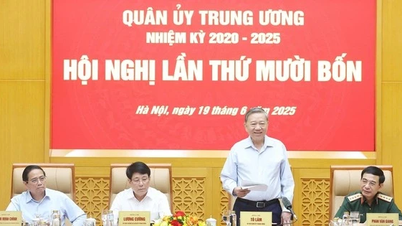

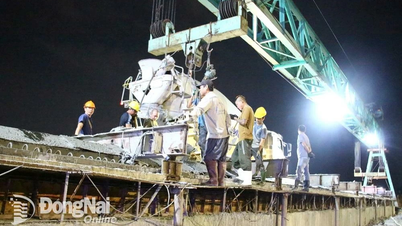












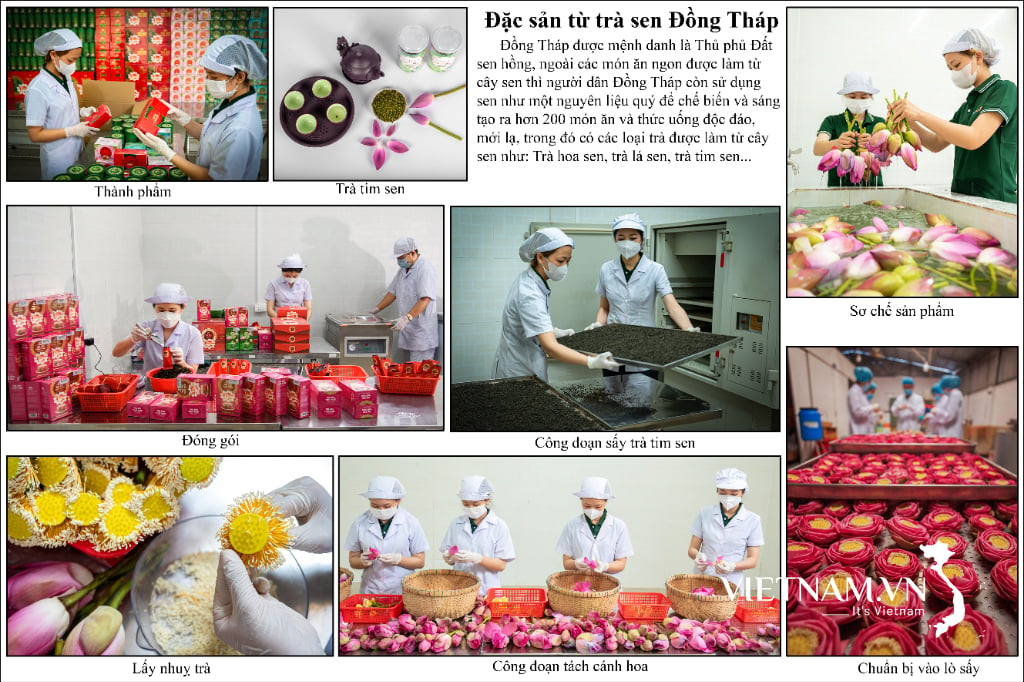
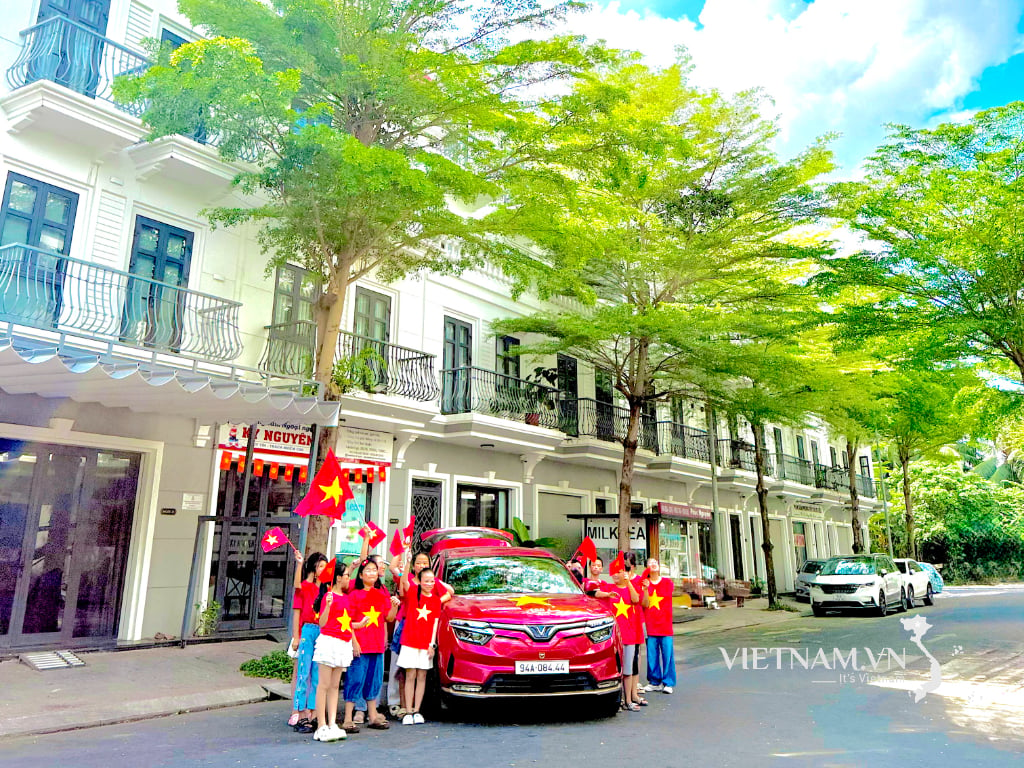
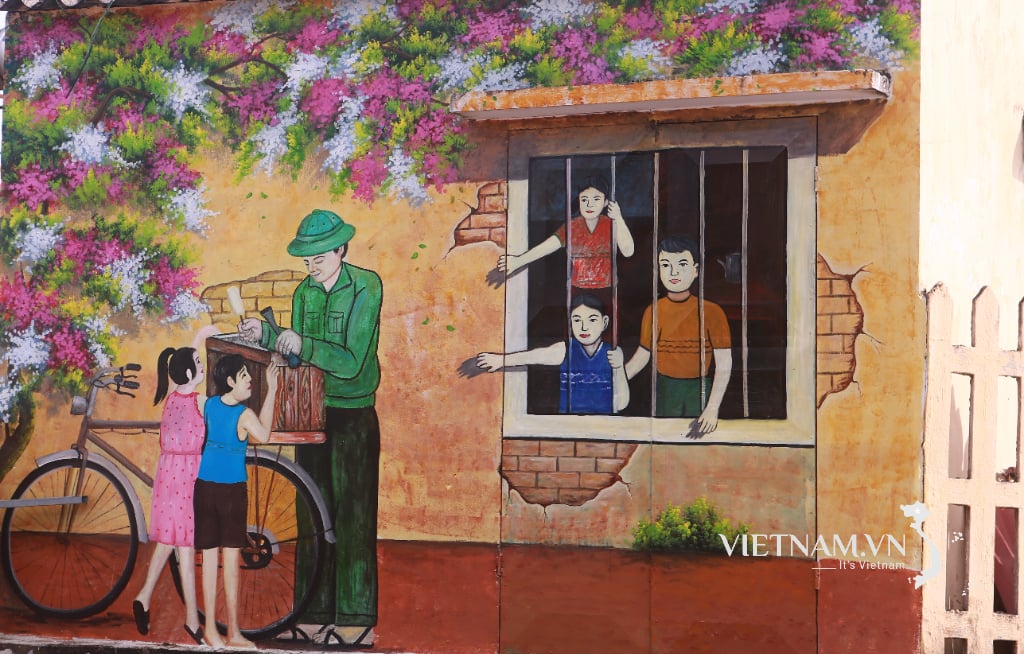
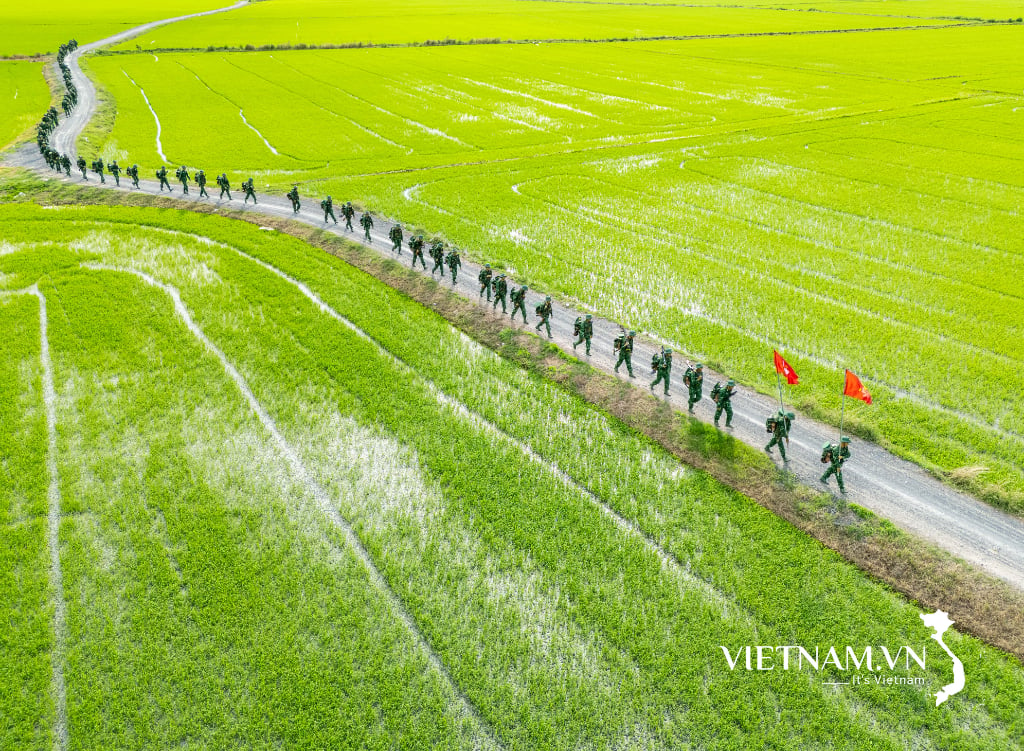
Comment (0)